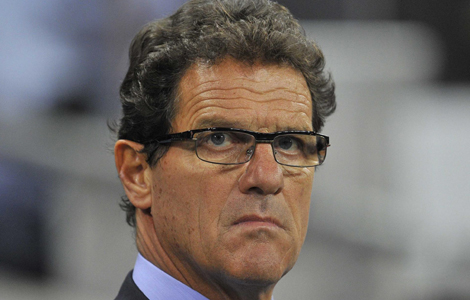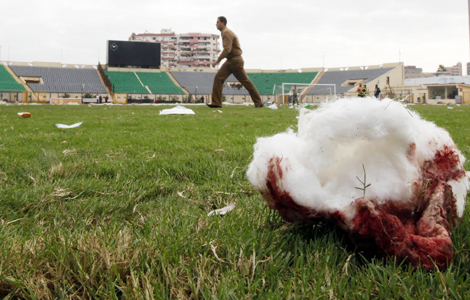Exclusive: Van Rompuy hails Sino-EU ties
Updated: 2012-02-13 20:20
By Fu Jin (chinadaily.com.cn)
|
|||||||||
Q: Both Chinese and EU leaders have expressed a desire to deepen the third pillar of their cooperation - people-to-people contacts. How do you propose to do this?
A: The idea of a 'people to people dialogue' came from a clearly perceived need to match the increasing demand for contact between Chinese and European people, especially the younger generation. Young Chinese want to study in Europe, the same applies to their European friends who want to graduate in Chinese schools and universities. They want to learn more about each other, understand each others' cultures and languages, or just experience China and Europe through travel. We want thereby to promote greater understanding and human bonds, particularly between future generations.
Q: Trade is one of the main pillars of EU-China relations but is often also one with most friction. What can the EU and China do to improve this situation?
A: In 1978 EU and China trade was almost non-existent. Today its value is over 1 billion euro every day. Europe is China's biggest export market and China is Europe's fastest growing partner. With fast developing trade it is only natural that there are sometimes disagreements. Chinese and European businesses must be able to compete on a level playing field, both when they are active in China as well as when they are active in the EU. Therefore, the important thing is for both China and the EU to continue to promote open markets, to avoid protectionism and to ease regulation that effectively hampers trade and investment. This will help to diffuse disagreements and contribute to the continuing growth of trade flows, which is particularly important in the current economic climate. Moreover, both China and the EU are committed to the WTO system, which provides efficient tools to handle divergent views.
There is vast untapped potential for more investments in both directions. This is why we will discuss the best way to promote investment and open markets at the summit.
Q: In what areas are the EU and China cooperating on the world stage?
A: The EU and China work together on bilateral, regional and global levels. In the G20, on financial and economic matters; in the UN, on regional conflicts; in the WTO, on trade issues; while we also cooperate in other areas, such as Iran and the Horn of Africa.
We should also not forget that the European Union is the largest trade partner of many countries in Asia. Of course the EU is not geographically situated the region, but our intensive trade and co-operation makes the EU a "virtual" player there. The achievements of the European architecture in trade, integration, but also in security and stability serve as sources of inspiration for newly emerging regional frameworks and dialogues in Asia. We would also like to increase our political connectivity in this part of the world. This is why regional co-operation, integration and stability in East Asia feature on the summit agenda.
Q: China and the EU are said to have a strategic partnership. What do you understand by this?
A: A strategic partnership entails shared responsibility for the common good, international cooperation based on trust and openness. It also implies the willingness to shape a common future. A strategic interdependence exists when both sides believe that they cannot reach their objectives without the support of the other. For example, as China's biggest export market Europe has helped Chinese economic growth. On the other hand, China is our fastest growing market and an important force in stabilizing the euro. Chinese investment in Europe is also growing.
Q: Last year was the EU-China Year of Youth and this year will be the EU-China Year of Intercultural Dialogue. Do you have any message for the young people of China?
A: China's future belongs to its youth. They will inherit both its challenges and opportunities. How they rise to these challenges and opportunities will ultimately change the destiny not only of China, but also of the rest of the world. We shall encourage our young people to engage actively in the Year of Intercultural Dialogue, so that they will get to know each other and to create an even better basis for future cooperation. My generation has helped to create and develop a true partnership between Europe and China; my hope is that the next generation will consider this partnership something integral to their lives.
Hot Topics
Kim Jong-il, Mengniu, train crash probe, Vaclav Havel, New Year, coast guard death, Internet security, Mekong River, Strait of Hormuz, economic work conference
Editor's Picks
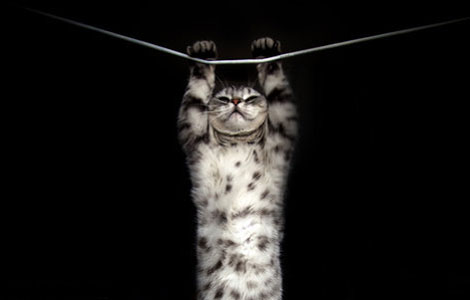
|
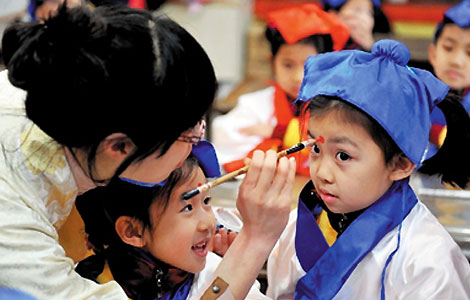
|
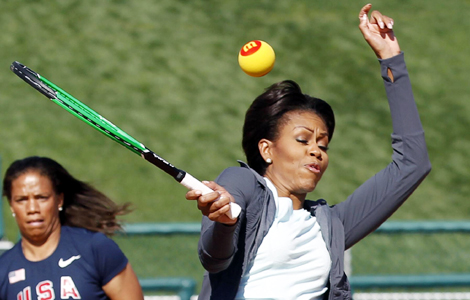
|
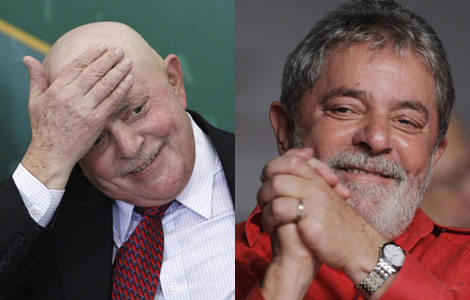
|
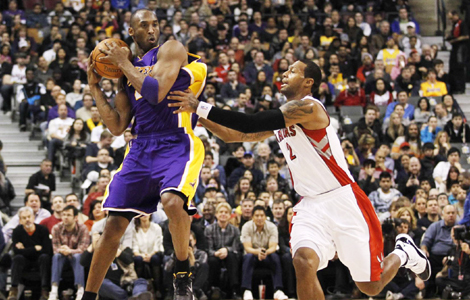
|
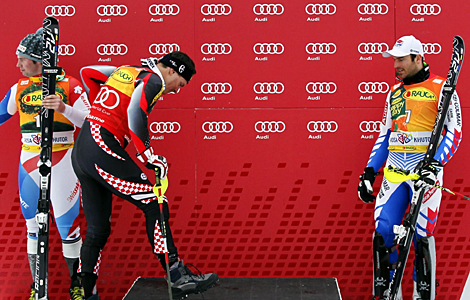
|


